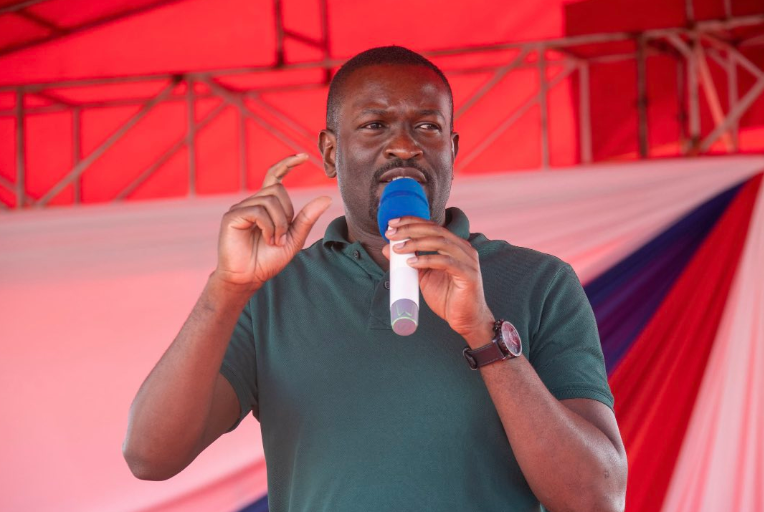Why Ruto, allies need to reassess their priorities

Many leaders in the Kenya Kwanza regime, alongside overzealous apologists, have escalated their attacks on young Kenyans critical of the government.
Interestingly they have complicated things for themselves by enjoining discourse about 2027. Some of these misplaced statements are reminding Kenyans of leadership that is thinking of the next election and not the emergent generation and its critical issues. Subliminally some of these statements suggest that this regime has abrogated its responsibility of solving the very problems that their campaign messaging promised to solve.
Largely, this regime ascended to power on a platform of promises to the common mwananchi. Promises that were framed along the “us vs them” narrative that resonated with the so-called hustlers at the bottom of the economic pyramid. However, the problem was never clearly defined, and there was a sense of a lack of genuine understanding of the issues they pledged to resolve; either because they never knew they would win or there was a dearth of clear problematisation of the issue. Many hustlers hoped this regime would tackle their socioeconomic struggles, but a glaring disconnect remains between their expectations and the administration’s priorities.
Instead of addressing the disconnect, leaders have stood up to critique these Gen Zs and millennials, pontificating about moralising this generation. This generation, raised with unprecedented access to choices and information, is not easily swayed by traditional narratives and empty political rhetoric. We must reflect on how we got here and where the rain started beating us. You see, the electorate made its choice in 2022, selecting Kenya Kwanza. However, the promises made to this generation remain unfulfilled, fuelling widespread disillusionment.
Therefore, the key is not talking tough but addressing the regime’s failure to fulfil its promises. Leaders praising the President must introspect: has this government truly addressed the plight of the disenchanted? Pontificating about 2027 while ignoring the promises and the immediate needs of the youth shows a leadership out of touch with the realities of its constituents. The need to reassess priorities and deliver on campaign commitments remains urgent to avoid exacerbating public frustration. John Adams, the second president of the US, was a strong advocate for a government accountability to its citizens and warned about the consequences of tyranny or neglect of public welfare. This sentiment captures the current frustrations in Kenya, where unmet promises have fostered growing disenchantment. Broadening the leadership at the top and roping in leaders from the opposition as praise singers sends signals of neglecting the citizenry rather than reaching out to the citizenry with tangible solutions to the challenges they face.
Economic hardship, unemployment, and the rising cost of living are the daily realities for many Kenyans, and these issues require urgent, targeted interventions. SHIF/SHA has to work, and work for all and sundry; the university funding model must bear fruit and the promises of jobs for the many young and educated Kenyans who voted out what they perceived to be exploitative dynasties must become a reality for these tech-savvy young Kenyans.
We are therefore deceiving ourselves when we imagine that the solution to the growing youth’s disenchantment lies in rewarding political loyalists with positions for which some have zero competence. Fantastically incompetent praise-singers will sing their voices hoarse but that will not stop the critique of the regime, some of which are degenerate and depraved. The answer is in getting the job done and delivering on the promises this regime made. This requires individuals with the technical expertise and intellectual infrastructure to work out solutions without the help of parroting social media noisemakers. Solutions must pivot away from political cronyism and focus on addressing the nation’s pressing issues.
— The writer is a media studies Researcher











